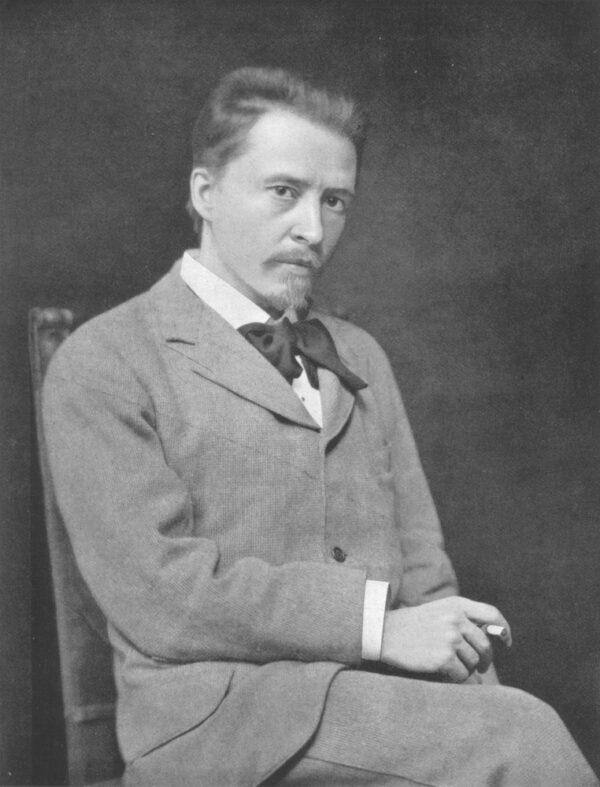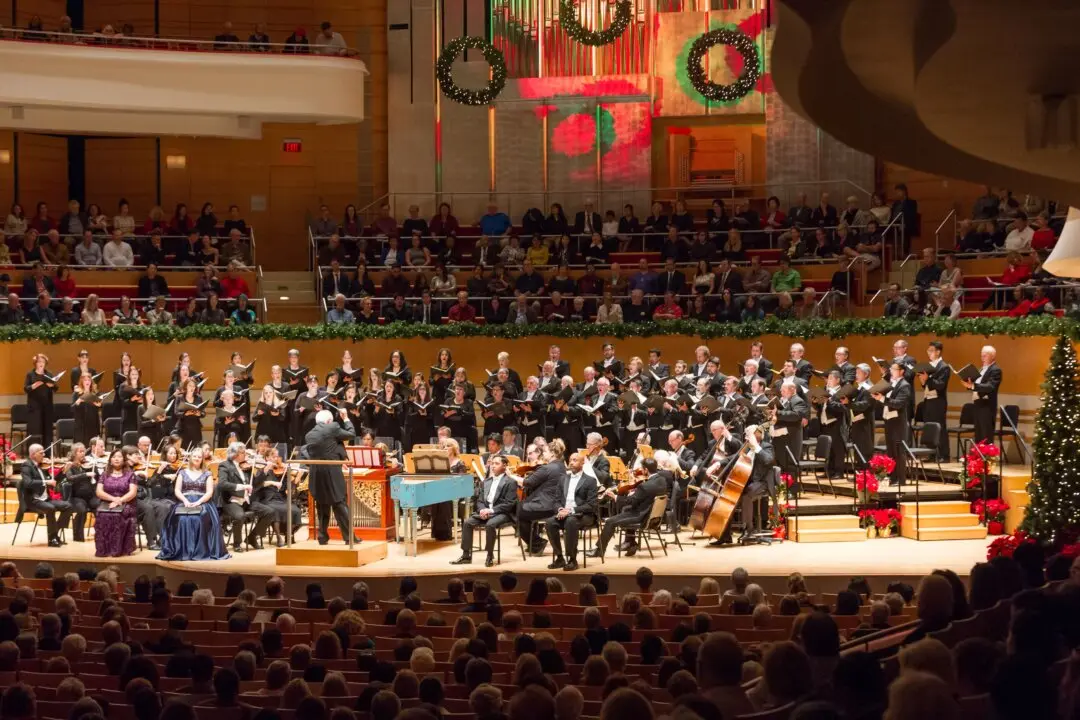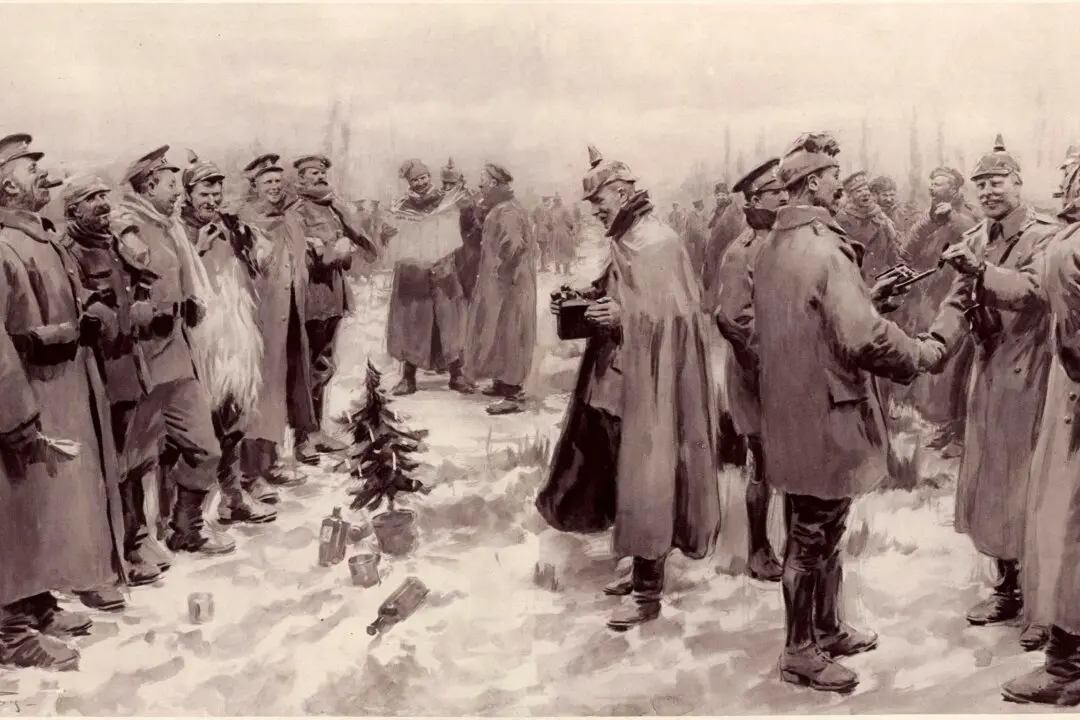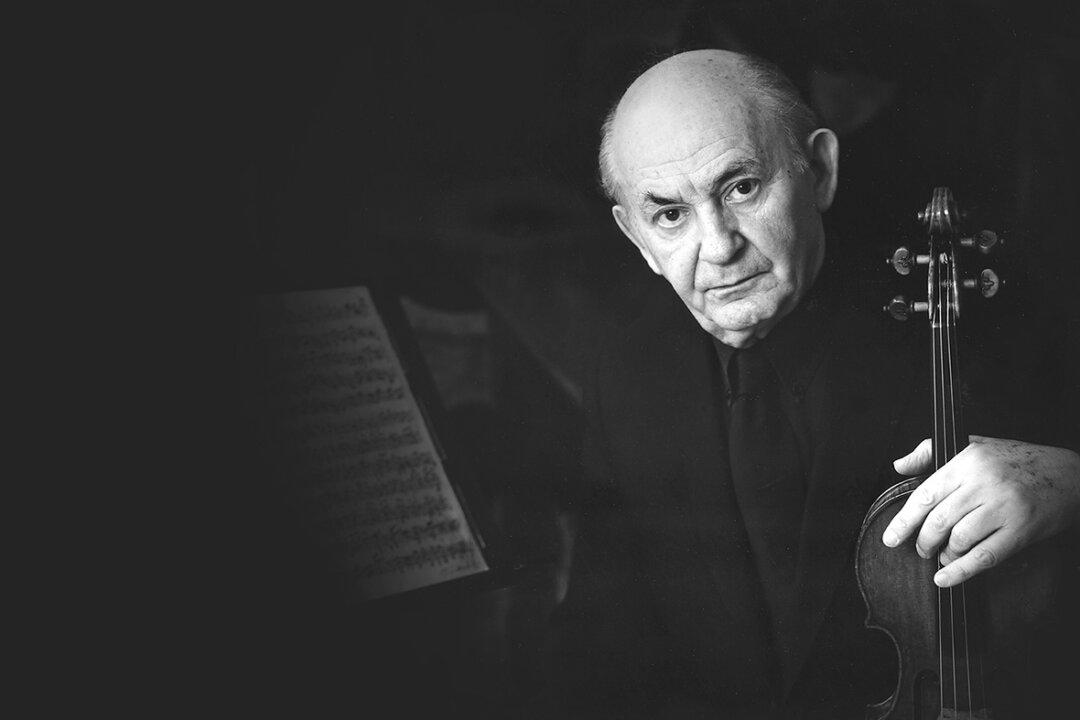Thirteen hundred years have passed since the birth of Western Europe’s great musical tradition. Gregorian chant, first heard in the eighth century, is mother to a miraculous offspring including motets, cantatas, sonatas, operas, concertos, and symphonies, but perhaps most miraculous, the most unlikely of all her children, is the 19th-century German “Lied,” translated literally, “song.” The life of her remarkable child spanned hardly more than a century; Ludwig van Beethoven, Franz Schubert, Robert Schumann, Johannes Brahms, Hugo Wolf, and Richard Strauss, produced their songs and then fell silent, leaving no significant progeny.

Composer Hugo Wolf in 1902. Public Domain






